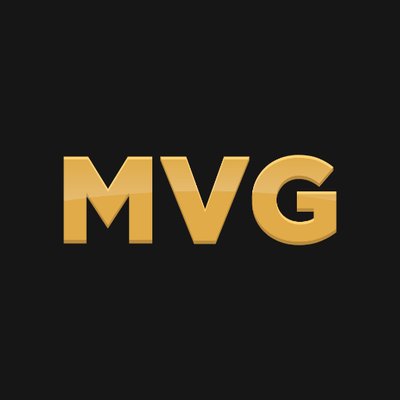Can AI Replace Your 9-5 Job?
Did you know that by 2030, up to 30% of jobs could be automated? That’s not just a statistic; it’s a wake-up call for anyone who clocks in at 9 AM and clocks out at 5 PM. As artificial intelligence (AI) continues to evolve, the question on everyone’s lips is: can AI really replace your 9-5 job? Spoiler alert: the answer is a bit more nuanced than a simple yes or no.
Understanding AI’s Capabilities
First, let’s demystify what AI can and cannot do. Think of AI as a super-efficient assistant. It can analyze data faster than you can say “machine learning” and perform repetitive tasks without breaking a sweat. However, it lacks the human touch—empathy, creativity, and complex decision-making. Here’s a quick rundown of AI’s strengths:
- Data Analysis: AI can sift through mountains of data to find patterns.
- Automation: It excels at repetitive tasks, freeing up time for more complex work.
- Predictive Capabilities: AI can forecast trends based on historical data.
But here’s the kicker: while AI can handle many tasks, it can’t replace the nuanced judgment and emotional intelligence that humans bring to the table. So, if your job involves creativity or interpersonal skills, you might be safe—for now.
Jobs at Risk
Let’s get real. Some jobs are more vulnerable to AI than others. If your role involves routine tasks, you might want to start polishing your resume. Here are some jobs that AI is eyeing:
- Data Entry Clerks: Boring, repetitive tasks are AI’s bread and butter.
- Customer Service Representatives: Chatbots are already handling basic inquiries.
- Manufacturing Jobs: Robots are taking over assembly lines faster than you can say “automation.”
In fact, a study by McKinsey found that up to 800 million jobs could be displaced by automation by 2030. Yikes! But don’t panic just yet; there’s a silver lining.
Jobs That AI Can’t Touch
Now, let’s flip the script. While some jobs are at risk, others are thriving in the age of AI. Think of these roles as the “untouchables” in the job market. Here’s a list of jobs that AI can’t easily replace:
- Creative Roles: Writers, artists, and designers bring unique perspectives that AI can’t replicate.
- Healthcare Professionals: Doctors and nurses rely on empathy and human interaction.
- Skilled Trades: Electricians and plumbers require hands-on skills and problem-solving abilities.
In fact, a report from the World Economic Forum suggests that while some jobs will disappear, new roles will emerge, particularly in tech and healthcare. So, if you’re in a creative or people-centric field, you might just be sitting pretty.
How to Future-Proof Your Career
So, how do you ensure you’re not left behind in the AI revolution? Here are some actionable tips to future-proof your career:
- Upskill: Learn new technologies and tools relevant to your field.
- Embrace Lifelong Learning: Stay curious and open to new ideas. Online courses are your best friend.
- Network: Build relationships in your industry. You never know where a connection might lead.
Remember, the key is to adapt. The more versatile you are, the less likely you’ll be replaced by a robot.
Real-World Examples
Let’s take a look at some companies that are successfully integrating AI without sacrificing their workforce. For instance, IBM’s Watson is revolutionizing healthcare by assisting doctors in diagnosing diseases. It analyzes patient data and suggests treatment options, but the final decision still rests with the human doctor. This collaboration enhances efficiency while keeping the human element intact.
Another example is Starbucks, which uses AI to optimize inventory and predict customer preferences. Baristas still make the coffee, but AI helps streamline operations, allowing them to focus on customer service.
Conclusion
So, can AI replace your 9-5 job? The answer is a resounding maybe. While it can automate certain tasks and even entire roles, it lacks the human touch that many jobs require. The key is to adapt and evolve. Embrace new skills, stay informed, and remember that AI is a tool, not a replacement. The future of work is not about competing with machines; it’s about collaborating with them.
Go ahead, make YOUR day!




